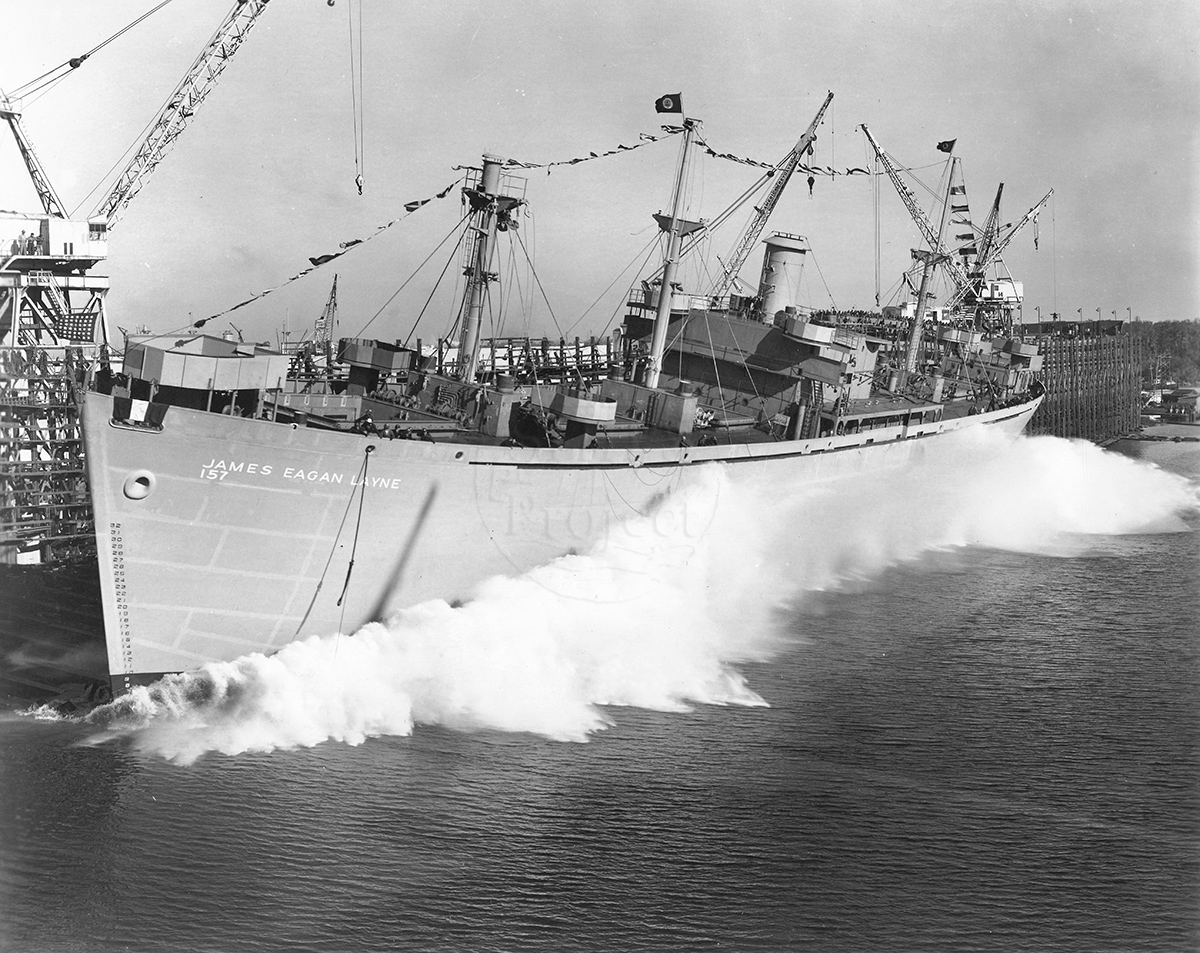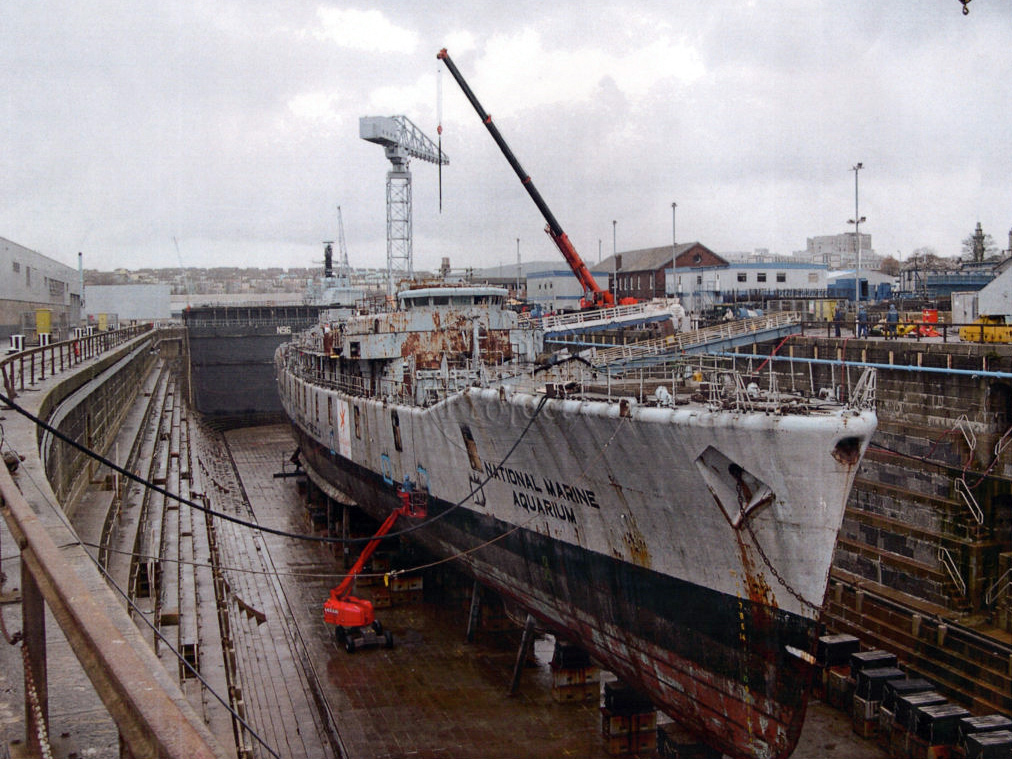Plymouth's Maritime History Timeline
Year |
Event | Monarch | War |
12,000 BCE |
People living at Cattedown in Plymouth, along with cave lions, rhinoceros, wolves and hyena | ||
2500 BCE |
Bronze age settlement at the head of Sutton Pool | ||
2500 BCE |
Ship from the Mediterranean visits Plymouth and loses a stone anchor | ||
500-200 BCE |
A ship from the Mediterranean loses an anchor in Plymouth Sound | ||
450 BCE |
Iron age settlements on Mount Batten | ||
60 AD |
Roman fort built at Calstock | ||
120 AD |
Roman fort at Calstock no longer in use | ||
150 AD |
Roman port of Tamaris/Tamara mentioned by Ptolemy in his Geography | ||
500 AD |
Roman ship wrecks in Cawsand leaving an amphora full of wine on the seabed | ||
700 AD |
Roman port of Tamaris/Tamara mentioned in the Ravenna Cosmography | ||
705 AD |
Saxons arrive in Plymouth | ||
9th Cent. |
Plymouth known as Tamarworth, 'the island of the Tamar' | ||
877 AD |
Viking fleet wrecked on Mount Batten | ||
| The town of Sutton or 'Sudtone' established | |||
997 AD |
Vikings venture up the river Tamar as far as 'Liddyford' (Lydford) | ||
11th Cent. |
Plymouth develops as a fishing village | ||
1066 |
Norman invasion of England | William I 'the Conqueror' | |
1068 |
Trematon Castle was built, possibly on the site of a much older military structure | ||
1087 |
William II 'Rufus' | ||
1100 |
Henry I 'Beauclerc' | ||
1106 |
The manor of Sutton was given to Reginald de Valletort by Henry I | ||
1135 |
Stephen | ||
1152 |
Henry Plantagenet married Eleanor of Aquitaine, and the wine trade with Plymouth develops | ||
1154 |
Henry II 'Curtmantle' | ||
c1150 |
Tin extraction restarts on Dartmoor, Laira begins to silt up, access to Plympton port restricted. | ||
1189 |
Richard I 'the Lionheart' | ||
1199 |
John Lackland | ||
1211 |
The name 'Plym Mouth' first used, mentioned in the Pipe Rolls | ||
1215 |
Magna Carta signed at Runnymede | ||
1216 |
Henry III | ||
1254 |
Charter granted to Plymouth to hold a market | ||
1272 |
First mention that Sutton Pool was protected by a Chain Boom and the Barbican Blockhouse | Edward I 'Longshanks' | |
1307 |
Edward II | ||
1312 |
First mention of a Castle in Plymouth, possibly the Barbican Fort | ||
1327 |
Edward III | ||
1337 |
Start of the Hundred Years War | Hundred Years War | |
1339 |
French fleet of 18 galleys and pinnaces attacks and burns houses in Plymouth | ||
1347 |
Start of the Black Death pandemic | ||
1348 |
Edward, Prince of Wales, makes Plymouth his headquarters for his campaign against France | ||
1362 |
The first shipwreck recorded in Plymouth, the Tarrit | ||
1377 |
Plymouth attacked and burnt by the French under the command of Admiral Jean de Vienne. | Richard II | |
1399 |
Henry IV | ||
1400 |
Plymouth attacked and burnt by the French under James of Bourbon. | ||
1403 |
Plymouth attacked and burnt by the French, led by Sieur du Chastel of St Malo | ||
1405 |
Attempted raid by a French and Spanish expedition under Dom Pero Niño repelled by artillery. | ||
1413 |
Henry V | ||
1422 |
Henry VI | ||
1439 |
The town of Plymouth was created by the amalgamation of three manors | ||
1453 |
End of the Hundred Years War | Hundred Years War | |
1461 |
French attacked Plymouth to support the Lancastrian cause, damage to the town is unknown | Edward IV | |
1470 |
Henry VI | ||
1471 |
Edward IV | ||
1483 |
Edward V | ||
1483 |
Richard III | ||
1485 |
Henry VII | ||
1488 |
Portuguese explorer Bartolomeu Dias rounds the Cape of Good Hope | ||
1492 |
Colombus rediscovers the Americas for Spain | ||
1497 |
Portuguese explorer Vasco da Gama sails to India | ||
1509 |
Henry VIII | ||
1519 |
Ferdinand Magellan's expedition leaves to complete the first circumnavigation of the Earth | ||
1521 |
Earliest reference to divers working underwater, doing repairs to the Chain Tower | ||
1537 |
Defences of Plymouth increased by the order of Henry VIII, including Fishers Nose, the Artillery Tower and St Nicholas Is. | ||
1540 |
Francis Drake born at Tavistock | ||
1540 (c) |
The Cattewater Wreck sunk in the Cattewater | ||
1547 |
Edward VI | ||
1549 |
The Prayer Book Rebellion, the Castle Quadrate provided a refuge for the town's officials | ||
1553 |
Mary I | ||
1558 |
Elizabeth I | ||
1577 |
Start of Drake's expedition to the Pacific coast of the Americas | ||
1585 |
Start of the Anglo-Spanish War | Anglo-Spanish War | |
1588 |
Spanish Armada passes Plymouth | ||
1597 |
Work completed building the Hoe Fort | ||
1600 |
English East India Company founded | ||
1602 |
Dutch East India Company (VOC) founded | ||
1603 |
James I | ||
1604 |
End of the Anglo-Spanish War | Anglo-Spanish War | |
1616 |
Danish East India Company founded | ||
1620 |
The Mayflower leaves Plymouth for America | ||
1625 |
Charles I | ||
1628 |
Portuguese East India Company founded | ||
1637 |
English East Indiaman Palsgrave lost on Drake's Island | ||
1642 |
Start of the English Civil War | ||
1643 |
First attack on Plymouth by the Royalist army from Cornwall in the English Civil War | English Civil War | |
1646 |
Siege of Plymouth lifted | ||
1649 |
Execution of Charles I | ||
1651 |
End of the English Civil War | English Civil War | |
1652 |
Start of the First Anglo-Dutch War | Anglo-Dutch War | |
1653 |
Oliver Cromwell | ||
1654 |
End of the First Anglo-Dutch War | Anglo-Dutch War | |
1654 |
Start of the Anglo-Spanish War | Anglo-Spanish War | |
1658 |
Richard Cromwell | ||
1660 |
End of the Anglo-Spanish War | Anglo-Spanish War | |
1660 |
Charles II reclaims the throne of England | Charles II | |
1665 |
The Great Plague of London | ||
1665 |
Start of the Second Anglo-Dutch War | Anglo-Dutch War | |
1665 |
Building of the Citadel begins on the Hoe | ||
1667 |
End of the Anglo-Dutch War | Anglo-Dutch War | |
1667 |
Castle Quadrate demolished | Anglo-Dutch War | |
1671 |
King Charles II inspects the Citadel | ||
1672 |
Start of the Third Anglo-Dutch War | Anglo-Dutch War | |
1674 |
End of the Third Anglo-Dutch War | Anglo-Dutch War | |
1685 |
James II | ||
1688 |
William, Prince of Orange, lands at Brixham and his fleet is welcomed into Plymouth Sound | ||
1688 |
Start of the Nine Years War | Nine Years War | |
1689 |
William III | ||
1689 |
HMS Henrietta and HMS Centurion wrecked on Mount Batten | ||
1689 |
Devonport selected as the major base for the Royal Navy in the south-west | ||
1691 |
HMS Coronation wrecked off Penlee Point and HMS Harwich sunk in the Barn Pool | ||
1697 |
End of the Nine Years War | Nine Years War | |
1699 |
Winstanley completes the first Eddystone lighthouse | ||
1702 |
Start of the War of the Spanish Succession | Queen Anne | Spanish Succession |
1703 |
The Great Storm | ||
1703 |
Eddystone lighthouse destroyed in the Great Storm, along with Winstanley | ||
1707 |
Kingdom of Great Britain formed | ||
1713 |
End of the War of the Spanish Succession | Spanish Succession | |
1714 |
George I | ||
1717 |
Start of the War of the Quadruple Alliance | Quadruple Alliance | |
1720 |
End of the War of the Quadruple Alliance | Quadruple Alliance | |
1721 |
Dutch East Indiaman (VOC) Aagtekerke wrecked in Bovisand Bay | ||
1725 |
Dutch East Indiaman (VOC) Astrea wrecked in Plymouth Sound | ||
1727 |
George II | ||
1736 |
Jonathan Hulls patents a steam towboat in Gloucestershire | ||
1740 |
Start of the War of Austrian Succession | Austrian Succession | |
1744 |
HMS Victory foundered in the Channel | ||
1748 |
End of the War of Austrian Succession | Austrian Succession | |
1754 |
Start of the Seven Years War | Seven Years War | |
1755 |
Rudyerd's Eddystone lighthouse destroyed by fire | ||
1758 |
The turnpike road from London to Plymouth is completed | ||
1759 |
Smeaton's stone lighthouse completed on the Eddystone | ||
1760 |
HMS Conqueror wrecked on Drakes Island | George III | |
1762 |
A third dry dock, the North Dock, was built in the dockyard | ||
1763 |
End of the Seven Years War | Seven Years War | |
1771 |
Iron knees stared to be fitted to wooden ships | ||
1773 |
The first bridge was built over Stonehouse Creek linking Plymouth with Plymouth Dock | ||
1774 |
Mr Day and the Maria make a one-way trip to the bottom of Drake Channel | ||
1774 |
The roundhouse of HMS Kent was blown up whilst at anchor in the Sound | ||
1775 |
Start of the American War of Independence | American War of Independence | |
1779 |
A combined Franco-Spanish fleet of 60 ships arrives in Cawsand Bay but left without firing a shot | ||
1781 |
HMS Echo wrecked in the Cattewater | ||
1783 |
End of the American War of Independence | American War of Independence | |
1786 |
Die Frau Metta Catharina von Flensburg sunk in the Barnpool | ||
1788 |
First plan to build a breakwater across Plymouth Sound proposed by William Smith | ||
1789 |
French Revolution | ||
1790 |
Barbican Blockhouse and Fish House demolished, buried under the new West Pier | ||
1791 |
The ferry from Plymouth Dock to Torpoint began operating | ||
1792 |
Start of the French Revolutionary Wars | Revolutionary Wars | |
1793 |
Coates family begin distilling Plymouth Gin in the former Black Friars monastery | ||
1795 |
Marshland at Laira was drained and Embankment Road built | ||
1796 |
HMS Amphion blew up in the Hamoaze | ||
1796 |
English East Indiaman Dutton wrecked on the Hoe | ||
1798 |
HMS Pallas wrecked in Jennycliff Bay | ||
1800 |
Dutch East India Company (VOC) dissolved | ||
1802 |
End of the French Revolutionary Wars | Revolutionary Wars | |
1802 |
The first working paddle steam ship Charlotte Dundas tested on the Clyde canal | ||
1803 |
Start of the Napoleonic Wars | Napoleonic Wars | |
1804 |
HMS Fearless wrecked on Redding Point | ||
1807 |
The first commercial steamboat, the Clermont, launched | ||
1808 |
HMS Crane wrecked on the Hoe | ||
1811 |
HMS Amethyst wrecked in Jennycliff Bay | ||
1812 |
Start of the War of 1812 | War of 1812 | |
1812 |
Building of the Breakwater started by John Rennie | ||
1812 |
The prize Arrow taken to Plymouth and made into HMS Whiting | ||
1813 |
HMS Captain burnt at her moorings in the Hamoaze | ||
1814 |
The Demologos, the first steam powered warship launched | ||
1815 |
End of the Napoleonic Wars, Battle of Waterloo | Napoleonic Wars | |
1815 |
End of the War of 1812 | War of 1812 | |
1815 |
The Thames steam boat arrives in Plymouth on its way to London, 'rapidly gliding on without masts or sails' | ||
1817 |
HMS Jasper and HMS Telegraph were wrecked in the Sound | ||
1819 |
The Vulcan passenger barge launched, the first all iron hulled ship | ||
1819 |
Paddle steamer Savannah crosses the Atlantic | ||
1820 |
George IV | ||
1821 |
The Aaron Manby launched, the first steamship to be built of iron | ||
1823 |
Plymouth Dock changes its name to Devonport | ||
1824 |
Work on the Victualling Yard at Stonehouse was started | ||
1827 |
Laira Bridge was opened | ||
1830 |
William IV | ||
1833 |
The Royal Navy starts experimenting with steam engines in its ships | ||
1835 |
Building work on the Victualling Yard was completed at a cost of £700,000 | ||
1837 |
Victoria | ||
1843 |
Brunel's Great Britain launched, the first ocean going propeller driven iron ship | ||
1844 |
The Breakwater was completed, using 3,500,000 tons of stone and rubble | ||
1845 |
Work started building Fort Bovisand, designed to mount twelve 18 pounder guns | ||
1852 |
The brig Ocean Queen wrecked on the Mewstone | ||
1853 |
Start of the Crimean War | Crimean War | |
1854 |
Paddlesteamer Ajax wrecked on the Mewstone Ledge | ||
1856 |
End of the Crimean War | Crimean War | |
1859 |
The first ocean going ironclad battleship Gloire launched | ||
1867 |
Work started building the Breakwater Fort on the stump of Shovel Rock | ||
1874 |
English East India Company dissolved | ||
1877 |
Steamship Rothesay wrecked on the Mewstone | ||
1878 |
Work starts on Mount Batten Breakwater in April | ||
1884 |
The Promenade Pier built on the Hoe | ||
1887 |
Barbican Tower was demolished when the Bethel New Hall was built | ||
1888 |
Steam ship Constance wrecked on the Shagstone | ||
1890 |
Steam tug Lucy rammed and sunk in Jennycliff Bay | ||
1901 |
Edward VII | ||
1905 |
Submarine A8 sinks off the Knap Buoy and was successfully salvaged | ||
1910 |
George V | ||
1912 |
Vectis wrecked on Andurn Point, south of Bovisand Bay | ||
1912 |
The Selandia, the first diesel powered ocean going ship was launched | ||
1913 |
Hopper Barge #42 wrecked twice on the Breakwater | ||
1914 |
The three towns of Plymouth, Stonehouse and Devonport incorporated into the County Borough of Plymouth | ||
1914 |
HM Submarine A7 founders off Rame Head | ||
1914 |
Start of the First World War | World War I | |
1916 |
Armed trawler Abelard lost on the Breakwater | ||
1917 |
SS Rosehill sunk by UB40 in Whitsand Bay | ||
1917 |
HMS Foyle sunk off Plymouth after hitting a mine | ||
1918 |
The end of the First World War | World War I | |
1934 |
Steam Trawler Chancellor wrecked in Whitsand Bay | ||
1936 |
Edward VIII | ||
1936 |
George VI | ||
1939 |
The start of the Second World War | World War II | |
1940 |
Poulmic sunk by a mine off the breakwater | ||
1940 |
HMT Elk sunk by a mine south of the breakwater | ||
1940 |
MFV Encourage sunk by a mine south of the breakwater | ||
1940 |
Armed trawler Kingston Alalite sunk in Plymouth Sound | ||
1941 |
Armed trawler Asama lost in Plymouth Sound | ||
1942 |
Sunderland flying boat W6054 lost in the Sound | ||
1942 |
Messerschmitt ME109 crashed in Cawsand Bay | ||
1943 |
Lancaster bomber ED450 crashed onto the Breakwater | ||
1944 |
Sunderland flying boat DD852 wrecked in Jennycliff Bay | ||
1945 |
Liberty ship SS James Eagan Layne sunk in Whitsand Bay | ||
1945 |
SS Persier sunk in Bigbury Bay | ||
1945 |
The end of the Second World War | World War II | |
1952 |
Elizabeth II | ||
1953 |
The British Sub-Aqua Club formed | ||
1964 |
The paddle steamer Totnes Castle foundered in Bigbury Bay | ||
1967 |
Coronation Inshore site found by Terry Harrison, Alan Down and George Sandford | ||
1967 |
Terence Lamb discovered the Millbay Cannon site | ||
1968 |
Ramscliff Cannon site found | ||
1969 |
The S.S. Persier was discovered | ||
1969 |
Mewstone Ledge cannon site discovered by Richard Middlewood | ||
1970 |
Plymouth Ocean Projects take over Fort Bovisand and open a diving centre | ||
1970 |
Glen Strathallan scuttled off the Shagstone | ||
1970 |
HMS Foyle first dived by Kingston BSAC | ||
1973 |
The Metta Catharina was found in the Barn Pool by Plymouth Sound BSAC | ||
1977 |
Coronation Offshore site discovered by Peter McBride | ||
1981 |
HMT Elk first located and dived | ||
1982 |
The brig Taxiarchos found by Dave Peake | ||
1984 |
The Fylrix capsised and sank in Jennycliff Bay | ||
1994 |
Paddle steamer Totnes Castle rediscovered | ||
1995 |
Plymouth Maritime Archaeological Interest Group (PMARIG) formed | ||
1995 |
Pilot cutter Tavy scuttled off the Breakwater Fort by PMARIG | ||
1996 |
Trawler Viking Princess foundered off Hilsea Point | ||
1999 |
Sean McTierney and John Coyne form the Underwater Archaeological Club in Plymouth | ||
2004 |
HMS Scylla scuttled off Whitsand Bay by Plymouth Marine Aquarium | ||
2006 |
Totnes BSAC adopt the S.S.Rosehill under the NAS Adopt a Wreck scheme | ||
2006 |
Metta Catharina project by Plymouth Sound BSAC completed | ||
2008 |
BATSAC adopt the Liberty ship S.S. James Eagan Layne | ||
2009 |
The SHIPS Project started | ||
2010 |
The SHIPS Project is supported by Promare Inc. until 2016 | ||
2013 |
The SHIPS Project team discover HMS Amethyst in Jennycliff Bay | ||
2021 |
The SHIPS Project becomes a Community Interest Company (CIC) |
To get involved with The SHIPS Project please send us a message below:
Leave a message
Your email address will not be published.
Click the images for a larger version
Image use policy
Our images can be used under a CC attribution non-commercial licence (unless stated otherwise).
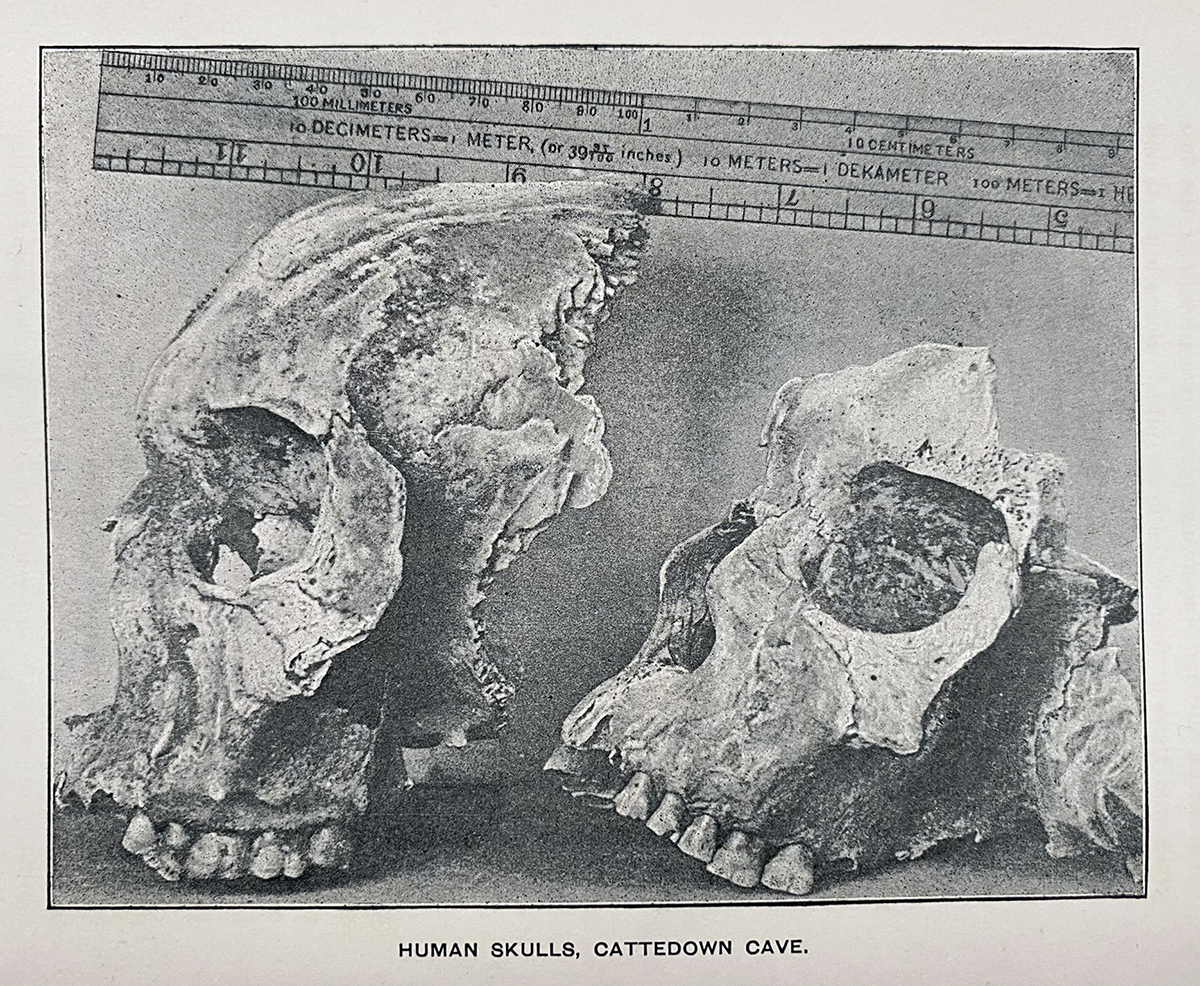
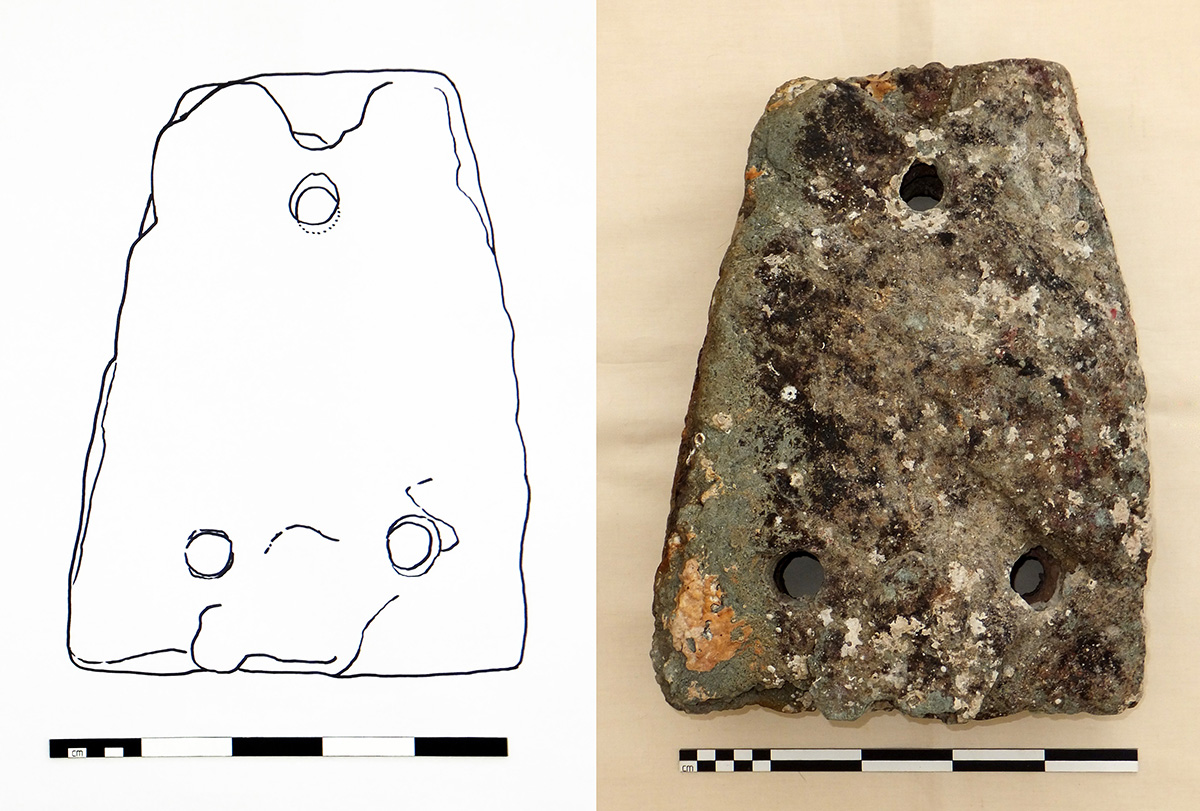
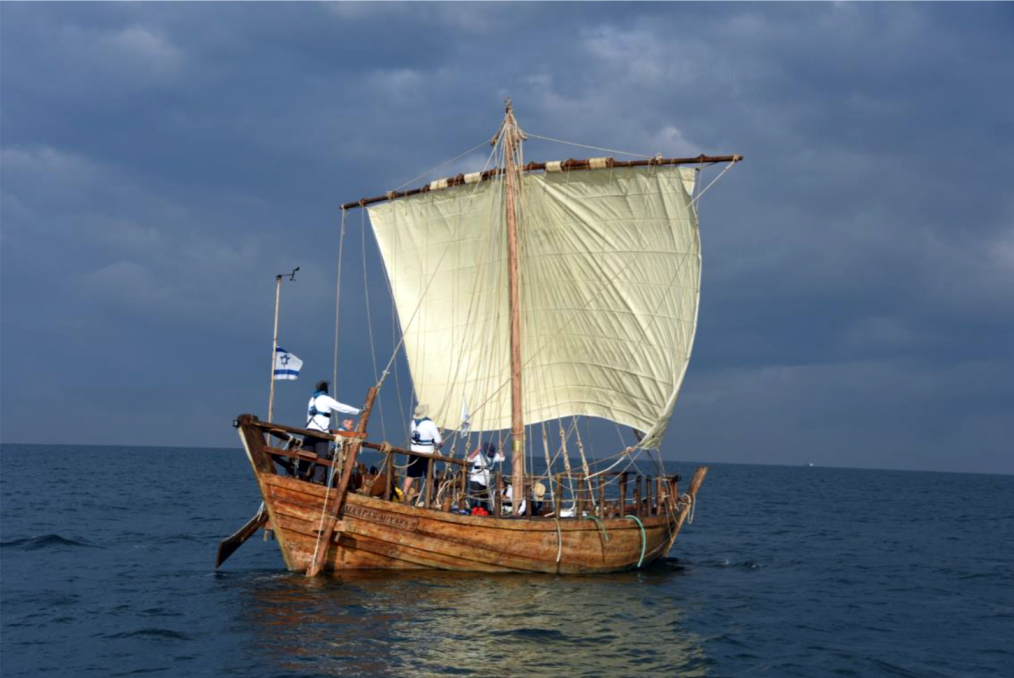
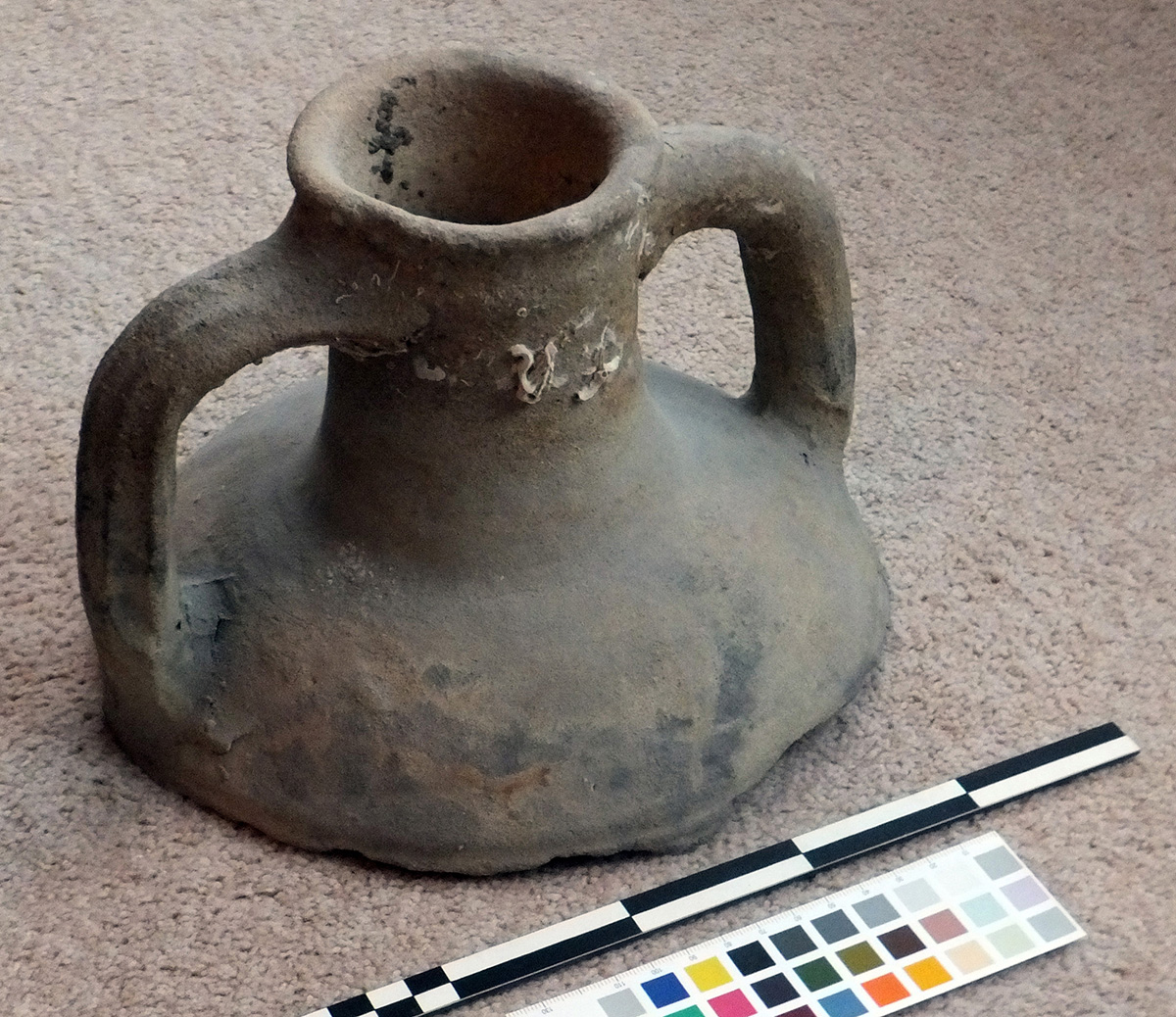
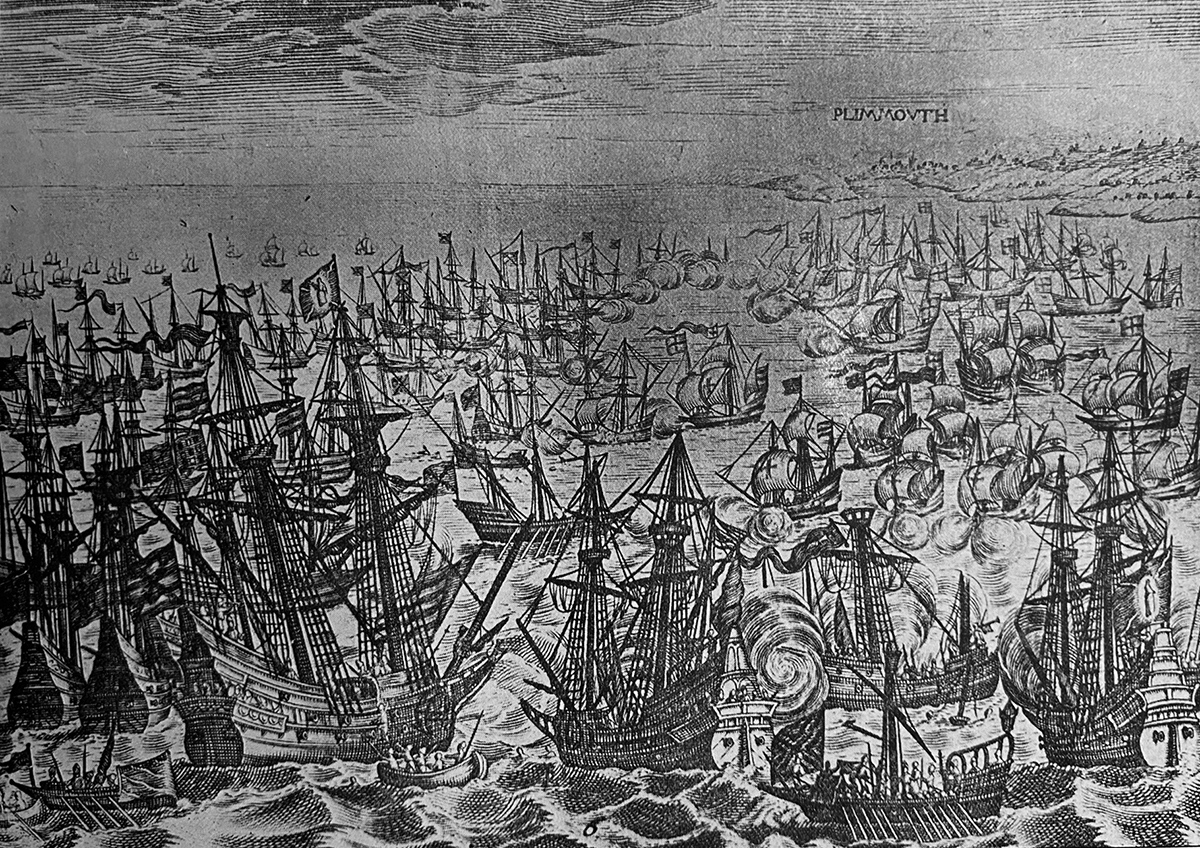
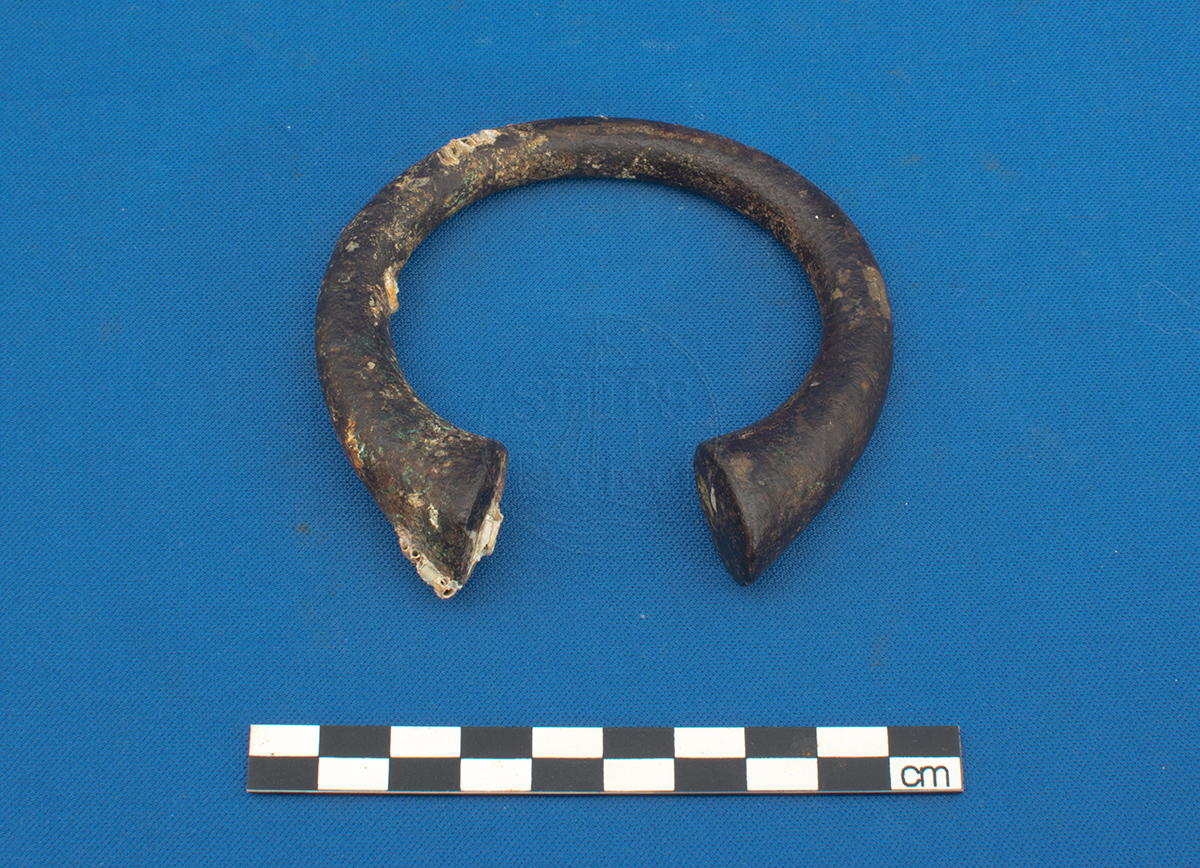
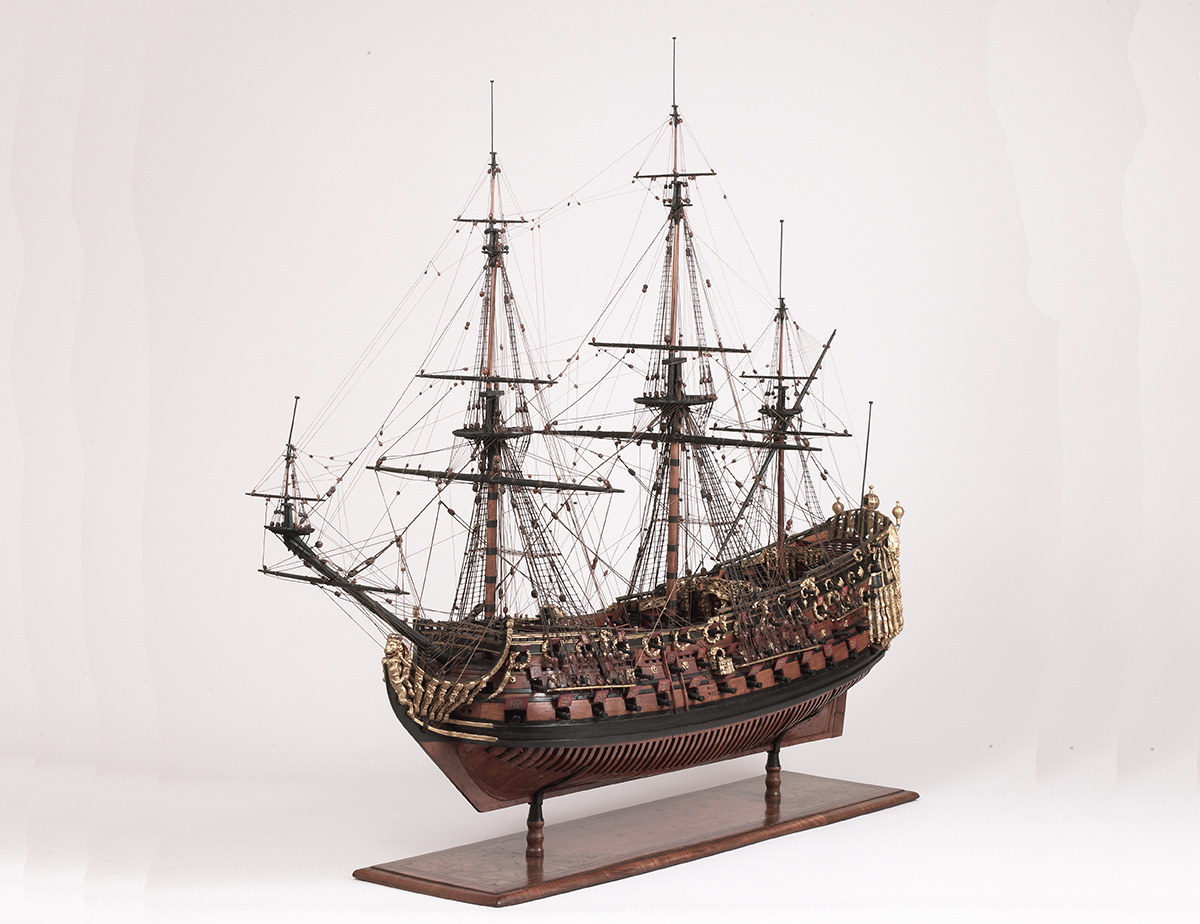
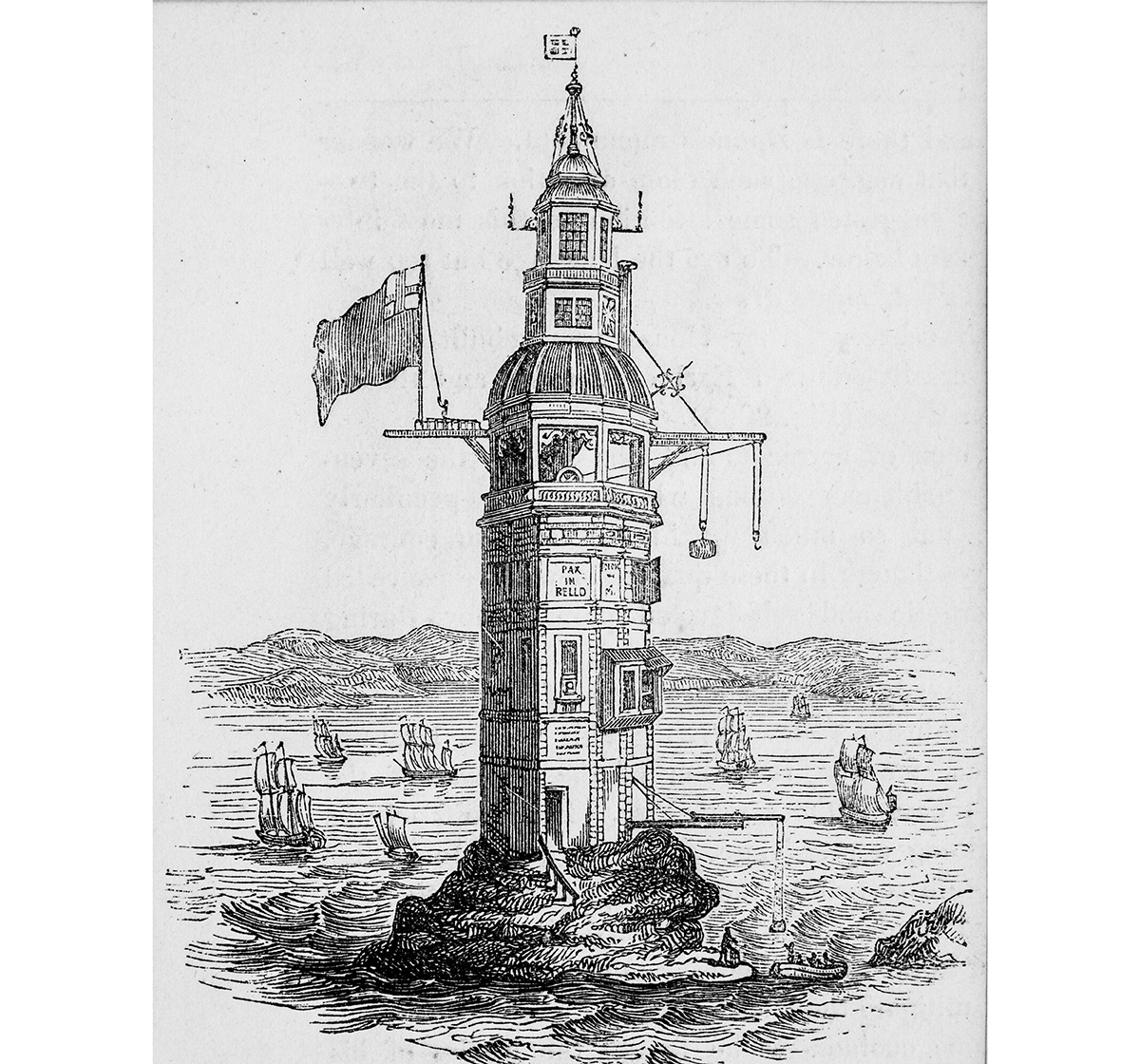
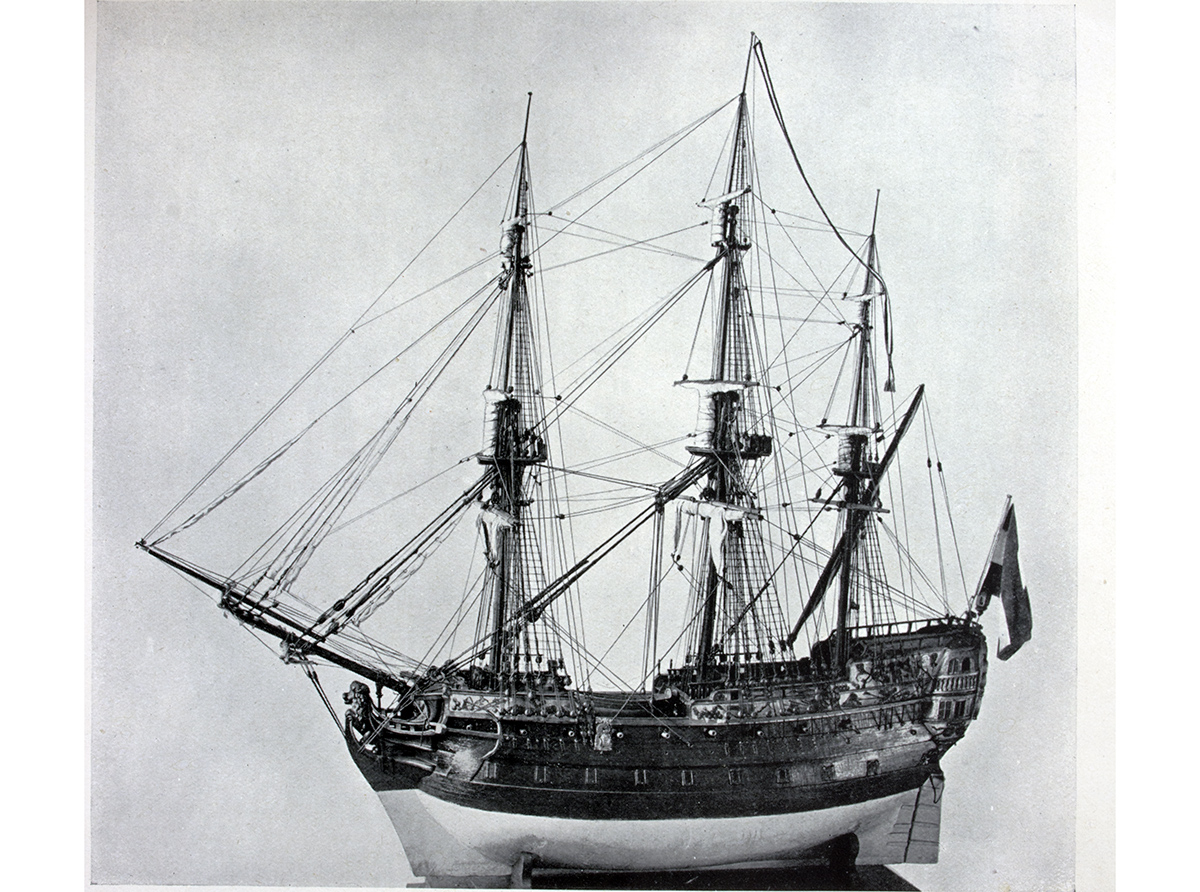
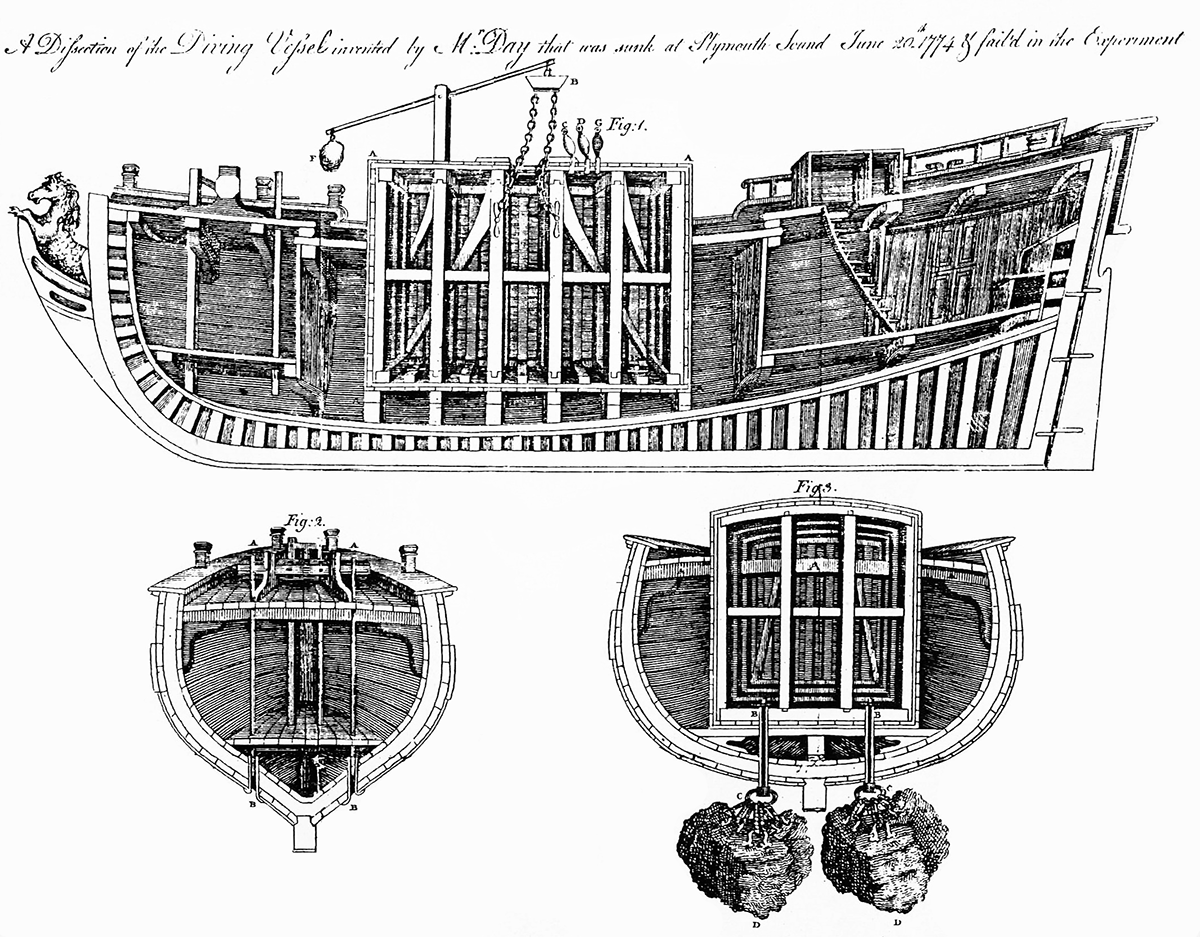
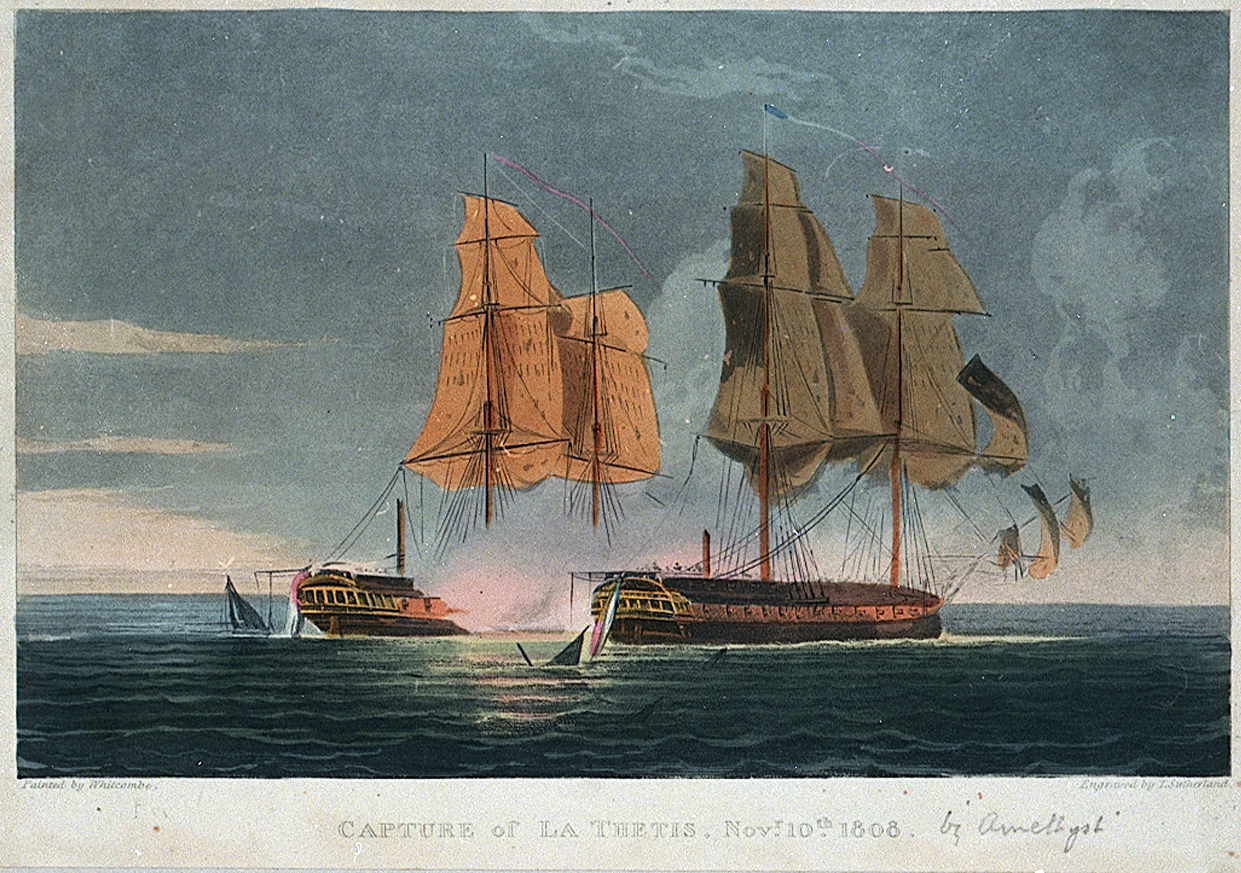
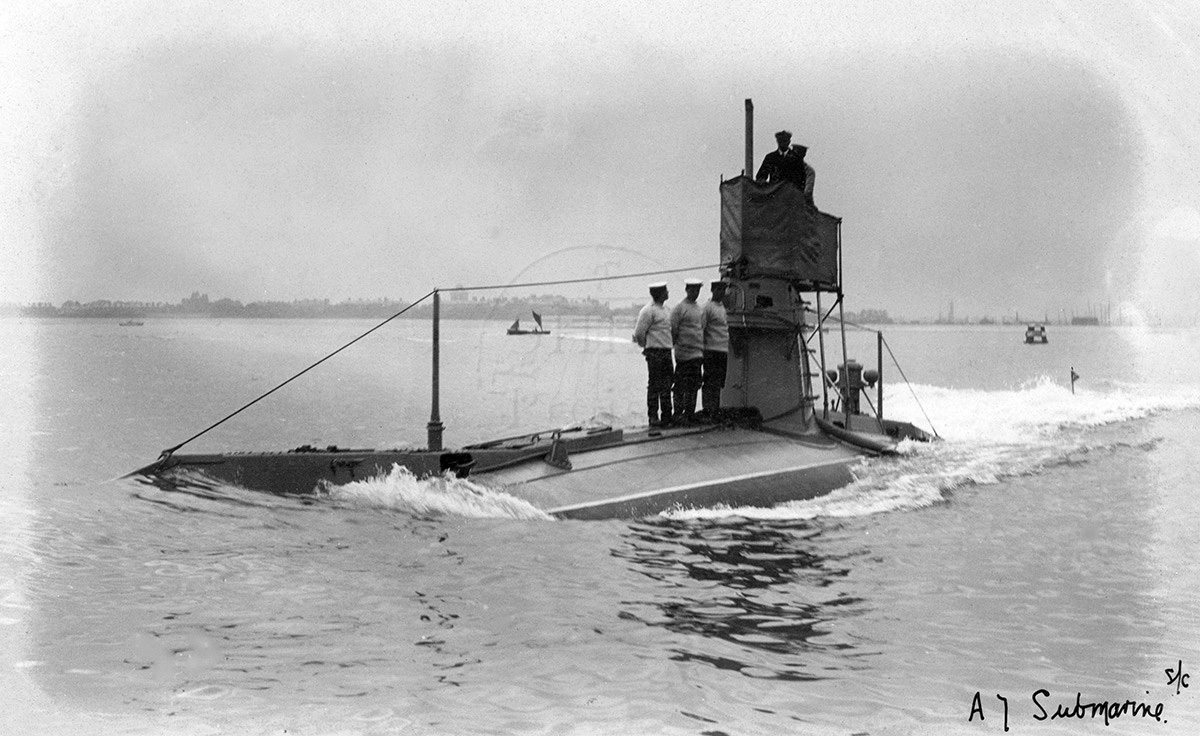
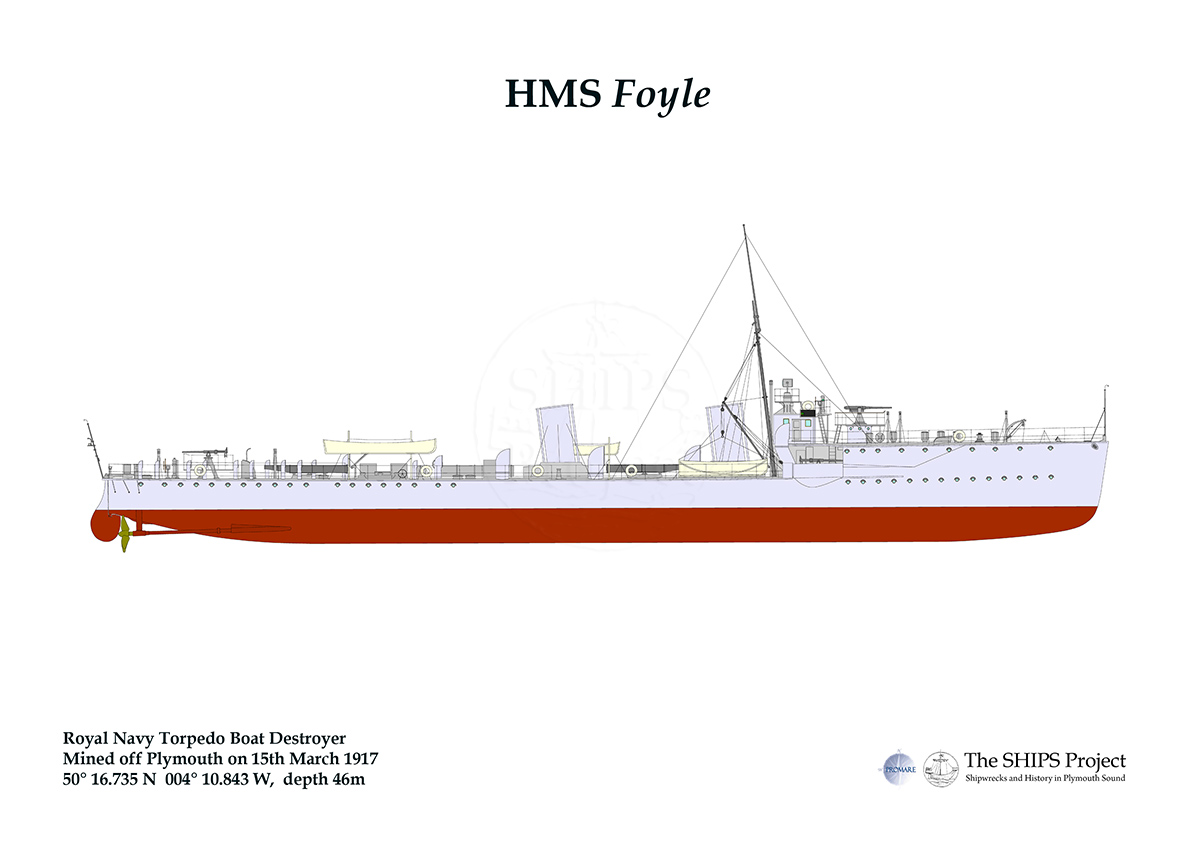
.jpg)
